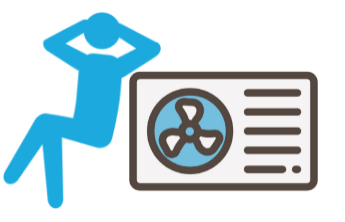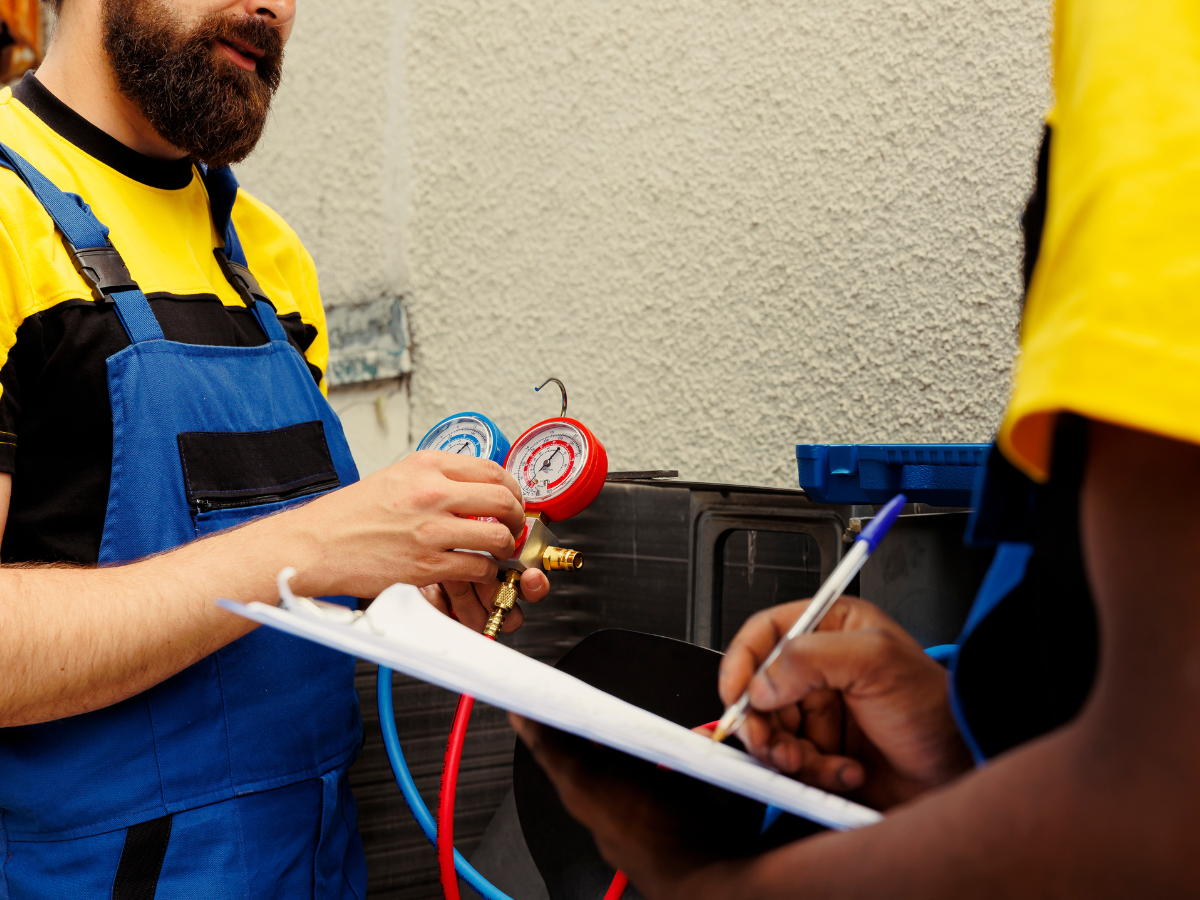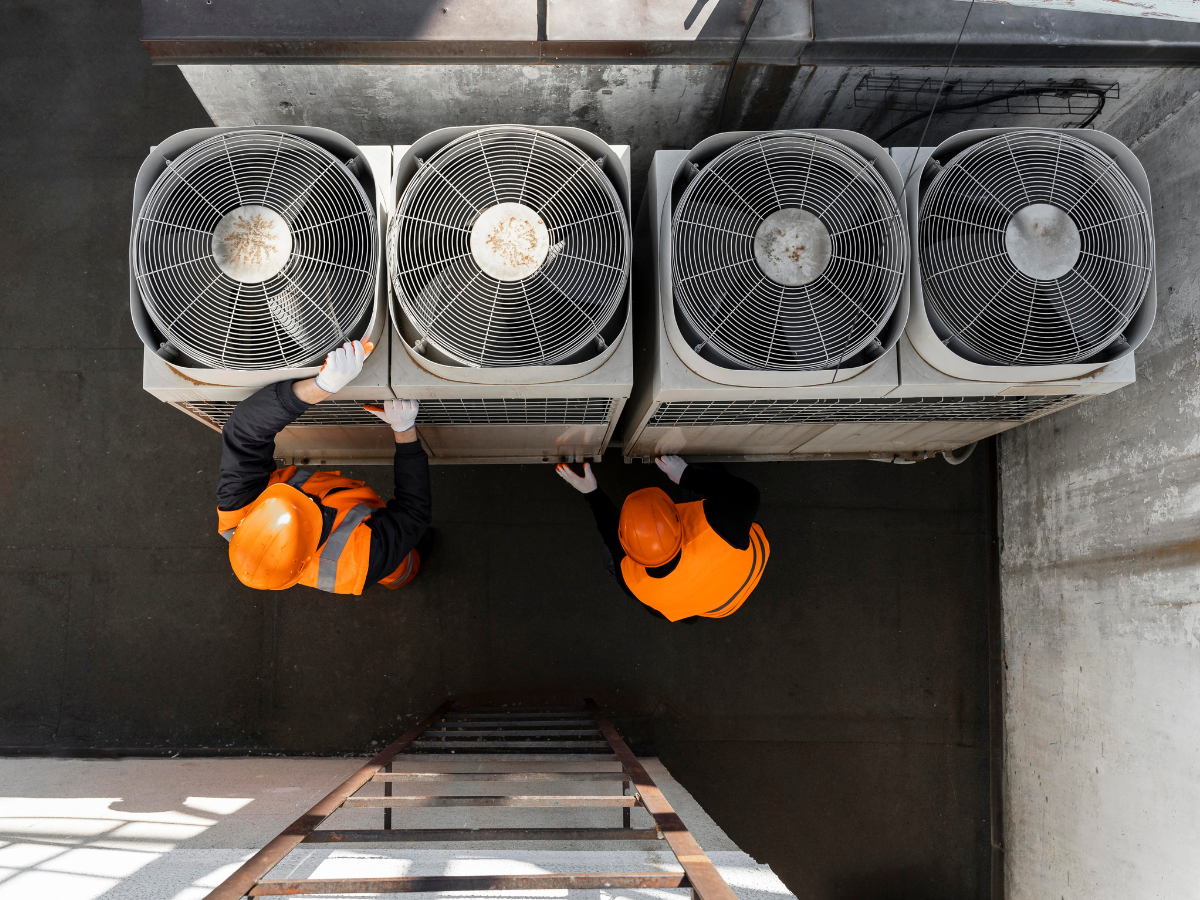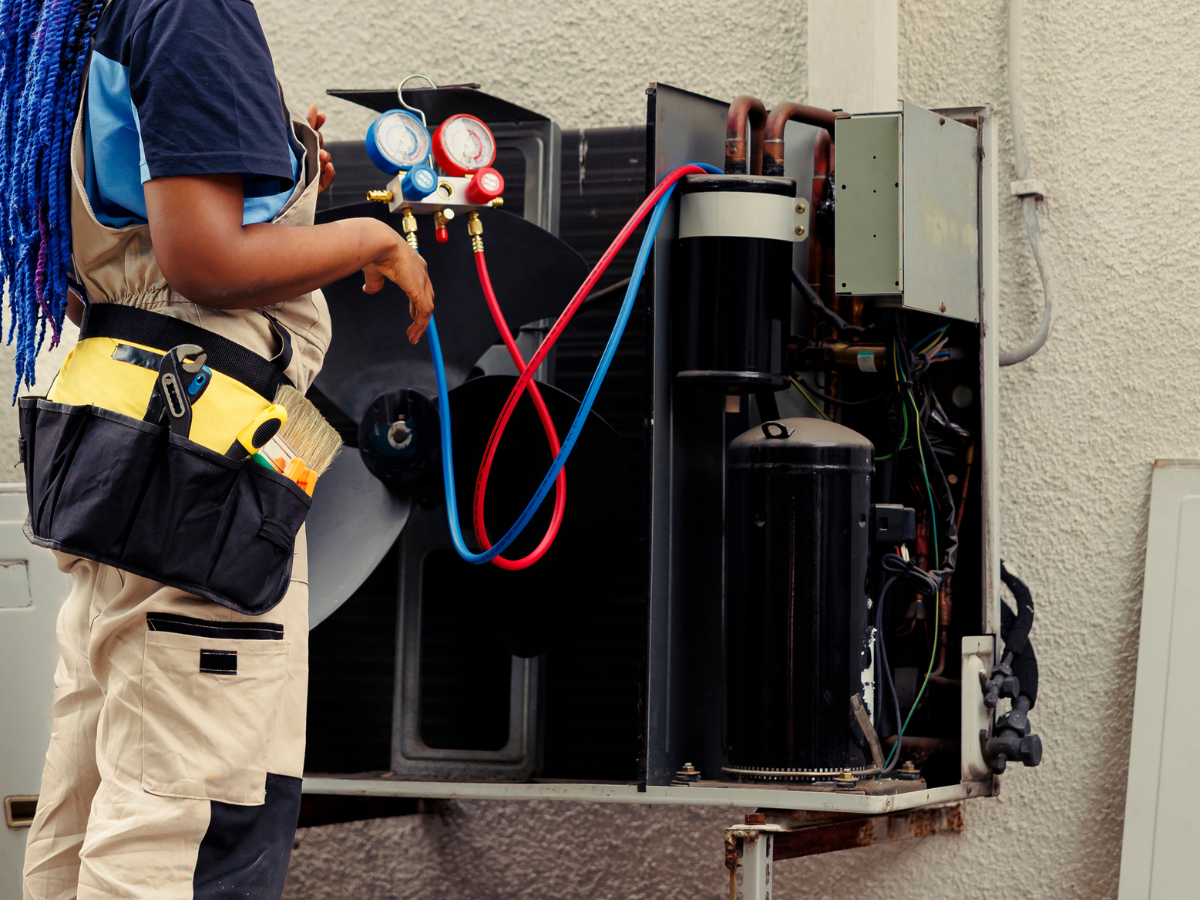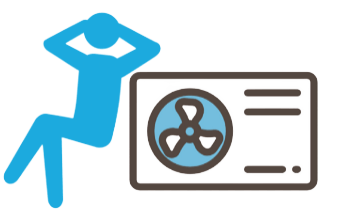Heating Ventilation and Air Conditioning: Your Complete Guide
Maintaining comfort and air quality in homes and businesses is crucial. Comfort Zone HVAC offers expert solutions to help achieve this, ensuring optimal performance and efficiency in heating ventilation and air conditioning (HVAC) services. Whether you're looking to upgrade your HVAC system, improve energy efficiency, or simply understand how these systems work, this guide will cover everything you need to know.
What is Heating Ventilation and Air Conditioning (HVAC)?
This technology is used to control indoor environmental conditions, including temperature, humidity, and air quality. It is commonly found in residential, commercial, and industrial buildings, ensuring comfort and health for occupants year-round.
Components of an HVAC System
- Heating – This includes furnaces, boilers, and heat pumps that provide warmth during colder months.
- Ventilation – Ensures fresh air circulation and removes contaminants, odors, and excess moisture.
- Air Conditioning – Cools indoor spaces and reduces humidity during warmer seasons.
Each component plays a crucial role in maintaining a balanced and energy-efficient indoor environment.
Types of HVAC Systems
There are several types of heating, ventilation, and air conditioning systems available, depending on the size of the space, climate, and specific needs:
1. Split Systems
This is the most common type of HVAC system, consisting of an outdoor unit (air conditioner or heat pump) and an indoor unit (furnace or air handler). Split systems are highly efficient and provide both heating and cooling.
2. Hybrid Systems
A hybrid system combines a gas furnace with an electric heat pump, allowing homeowners to switch between the two based on efficiency and cost-effectiveness. This system is ideal for areas with fluctuating temperatures.
3. Ductless Mini-Split Systems
Perfect for homes without ductwork, ductless mini-split systems offer zoned heating and cooling with individual air handlers installed in different rooms.
4. Packaged Systems
Packaged HVAC systems contain all heating and cooling components in one unit, typically installed on the roof or outside a building. These are commonly used in commercial properties.
5. Geothermal Systems
Geothermal HVAC systems use the Earth's natural heat to provide efficient heating and cooling. Though more expensive upfront, they offer long-term energy savings and sustainability.
Importance of HVAC Maintenance
Regular maintenance is crucial for the efficiency, longevity, and performance of an HVAC system. Here are some essential maintenance tips:
- Change Air Filters – Replace air filters every 1-3 months to maintain airflow and air quality.
- Inspect Ductwork – Ensure ducts are clean and free from leaks to improve efficiency.
- Check Thermostat Settings – Use programmable thermostats to optimize energy use.
- Schedule Professional Tune-Ups – Regular HVAC servicing by professionals ensures your system operates efficiently year-round.
Benefits of Regular HVAC Maintenance
- Extended Lifespan – Prevents wear and tear, reducing the risk of breakdowns.
- Lower Energy Costs – A well-maintained system runs more efficiently, reducing utility bills.
- Improved Air Quality – Regular maintenance helps eliminate allergens and contaminants.
- Fewer Repairs – Routine inspections can catch minor issues before they become costly problems.
Energy Efficiency and HVAC Systems
With rising energy costs and environmental concerns, improving HVAC energy efficiency is a top priority for many homeowners and businesses. Here’s how you can make your HVAC system more energy-efficient:
- Upgrade to Energy Star-Certified Equipment – These systems use less energy while providing optimal heating and cooling.
- Improve Insulation – Proper insulation reduces heat loss and enhances HVAC performance.
- Seal Leaks – Air leaks around windows, doors, and ducts lead to energy waste.
- Use Smart Thermostats – Smart thermostats automatically adjust temperature settings based on usage patterns.
- Regular Maintenance – Keeping your HVAC system in good condition helps prevent energy waste and costly repairs.
How HVAC Efficiency Impacts Your Home
- Lower Utility Bills – An energy-efficient HVAC system consumes less power, resulting in lower energy costs.
- Reduced Carbon Footprint – Using efficient HVAC technology decreases environmental impact.
- Better Performance – Improved efficiency means better heating and cooling distribution.
- Enhanced Comfort – Well-maintained systems provide consistent indoor temperatures.
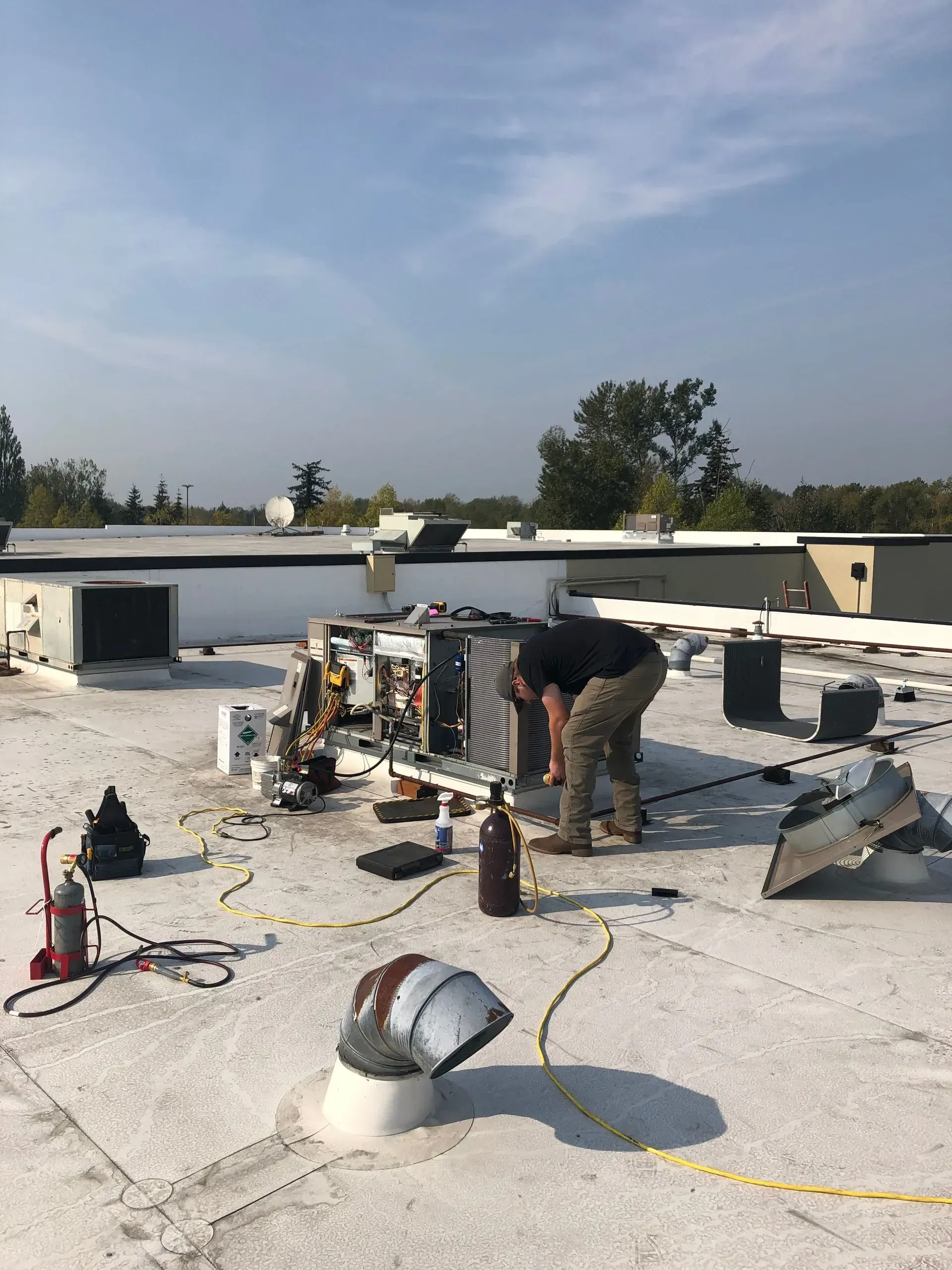
Indoor Air Quality and HVAC Systems
Heating, ventilation, and air conditioning systems significantly impact indoor air quality. Poor indoor air quality can lead to health issues such as allergies, respiratory problems, and fatigue. To improve indoor air quality:
- Install Air Purifiers – Removes airborne contaminants such as dust, pollen, and bacteria.
- Use Proper Ventilation – Mechanical and natural ventilation ensures the continuous exchange of fresh air.
- Maintain Humidity Levels – Use humidifiers or dehumidifiers to keep humidity between 30-50%.
- Clean HVAC Components – Regularly clean coils, fans, and ducts to prevent mold growth and dust accumulation.
Choosing the Right HVAC System for Your Home or Business
Selecting the right HVAC system depends on factors such as building size, climate, and budget. Here are some tips to help you choose:
- Assess Your Needs – Consider the size of your home or office and specific heating/cooling requirements.
- Compare Efficiency Ratings – Look for high Seasonal Energy Efficiency Ratio (SEER) and AFUE (Annual Fuel Utilization Efficiency) ratings.
- Consult an HVAC Professional – Experts can evaluate your space and recommend the best system.
- Consider Long-Term Costs – Factor in maintenance, energy consumption, and potential upgrades.
HVAC Trends and Innovations
The HVAC industry is constantly evolving with new technologies aimed at improving efficiency and sustainability. Some emerging trends include:
- Smart HVAC Systems – Integrate with home automation for remote control and energy savings.
- Zoning Systems – Allow different areas of a home to have customized temperature settings.
- Ductless HVAC – More energy-efficient and flexible compared to traditional ducted systems.
- Solar-Powered HVAC – Uses renewable energy to reduce dependence on electricity.
- Advanced Air Purification – Systems with HEPA and UV filters for better air quality.
Why Choose HVAC Professionals?
If you’re looking for expert HVAC services, professionals offer top-notch installation, maintenance, and repair services to ensure your heating, ventilation, and air conditioning system runs smoothly. With a commitment to quality service and customer satisfaction, they help homeowners and businesses achieve optimal indoor comfort year-round.
Services Offered:
- HVAC system installation and upgrades
- Routine maintenance and tune-ups
- Emergency HVAC repairs
- Indoor air quality solutions
- Energy efficiency consultations
For more information on how professionals can assist you with your heating, ventilation, and air conditioning needs, reach out today.
Keep Your Space Comfortable Year-Round with Expert HVAC Service
A high-quality HVAC system is more than just a comfort; it’s an investment in your home or business. Regular maintenance not only boosts efficiency but also enhances air quality and keeps your space comfortable year-round. Whether you're upgrading, installing a new system, or just keeping up with routine care, working with the right HVAC professionals makes all the difference. When you understand the basics of heating ventilation and air conditioning, you're equipped to make the best choices for your space. In bellingham hvac service is ready to take care of all your heating and cooling needs.
For expert service and peace of mind, visit
Comfort Zone HVAC today!
